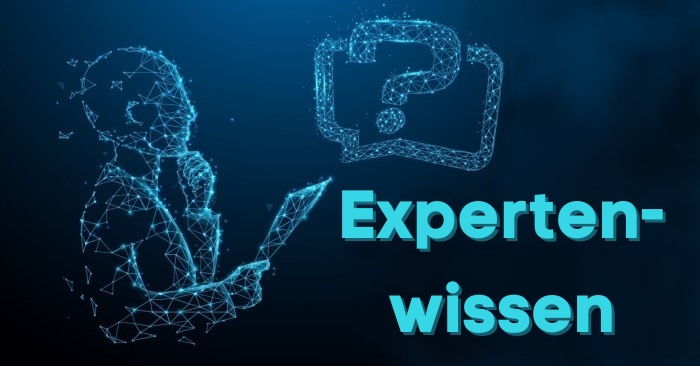
Ten simple rules for successful project management in EU research projects

Based on an article by David G. Pina (PLoS Computational Biology, 2024), we summarise ten practical tips to help project coordinators and project managers effectively oversee EU projects.
1. Build a good relationship with your EU project supervisor
Your Project Officer (PO) is your most important contact person at the European Commission. Open, regular communication promotes trust and helps to resolve challenges early on. See the PO as an ally, not a controller.
2. Promote team spirit and a culture of conflict resolution
A functioning consortium thrives on transparency and cooperation. Schedule regular meetings and use digital tools such as MS Teams and SharePoint to address conflicts proactively. Well-moderated discussions can promote innovation, whereas poorly resolved conflicts can jeopardise the project..
3. Surround yourself with the right people
Successful project management relies on teamwork. As well as researchers, you will need expertise in finance, law, administration, dissemination and communication. If necessary, seek external support — BayFOR is your competent partner in Bavaria. BayFOR supports consortia in administrative and financial project management, as well as in strategic science communication and public relations.
4. Use available resources and tools
The EU Funding & Tenders Portal is your one-stop shop: Here, you can access guidelines, templates, FAQs, manuals and video tutorials. It is advisable to familiarise yourself with the Online Manual, the Annotated Grant Agreement (AGA), and the Horizon Implementation Days at an early stage.
5. Get actively involved in preparing the Grant Agreement
Signing the Grant Agreement (GA) is the first important step. Familiarise yourself with the legal, financial and administrative aspects. Make sure you understand what your Description of Action (DoA) means and the obligations you are entering into.
6. Conclude a solid consortium agreement
A consortium agreement (CA) is mandatory for projects involving multiple partners. It regulates the partners' rights, obligations, decision-making processes and IP issues. Use proven templates such as DESCA HE 2.0, ensuring that the CA does not contradict the GA.
7. Strategically use kick-off meetings and reviews
A successful project starts with a successful kick-off meeting. Present scientific goals, management structures, communication rules and schedules. Project reviews are valuable feedback tools, not just a means of control.
8. Document activities and prepare for audits
Maintain a structured documentation system using secure IT tools. Retain all supporting documents for up to five years after the end of the project. Plan internal review processes early on to ensure you pass audits with flying colours.
9. Communicate and disseminate your results
Communication, dissemination, and exploitation are mandatory components of every EU research project (Article 17 GA) – but are often underestimated. The European Commission places great importance on ensuring that funded research is visible, and that results are shared and utilised effectively. A professional communication plan can increase the reach, impact and sustainability of your research results. It is therefore advisable to include communication experts in your consortium from the outset – BayFOR can support you in this area. BayFOR supports you in the strategic planning, implementation and visualisation of your project results.
In addition, make use of the Horizon Results Booster tools and the Innovation Radar, while also relying on open science principles such as FAIR data and open access. The Horizon Europe programme guide contains specific sections on the dissemination, use, and disclosure of research results.
10. Carefully fulfil your reporting obligations.
Reports are not just a formality — they ensure the disbursement of funds. Use the Funding & Tenders Portal templates, allow time for partner contributions and adhere strictly to deadlines. Familiarise yourself with the continuous reporting requirements right at the start of the project, and determine who is responsible for which parts. This will save you stress at the end of the funding period.
Conclusion
For a research project to be successful within the EU, clear structures, open communication and a sound knowledge of EU regulations are required. Scientific excellence alone is not enough; good project management, compliance with regulations and strategic science communication are also required.
Find out how BayFOR can support you in managing your EU project
BayFOR is a reliable partner for researchers and consortia in Bavaria, supporting you with application and budget planning and taking on tasks in project management, reporting, scientific communication and dissemination, so you can focus fully on your research.
In addition, BayFOR regularly offers practical training courses, such as the “Practical Seminar: Management of EU Collaborative Projects under Horizon Europe,” where participants can gain valuable knowledge and skills for successfully implementing EU projects.
Get in touch if you want to implement your next EU project successfully and professionally. Together, we will make your research visible and effective!




